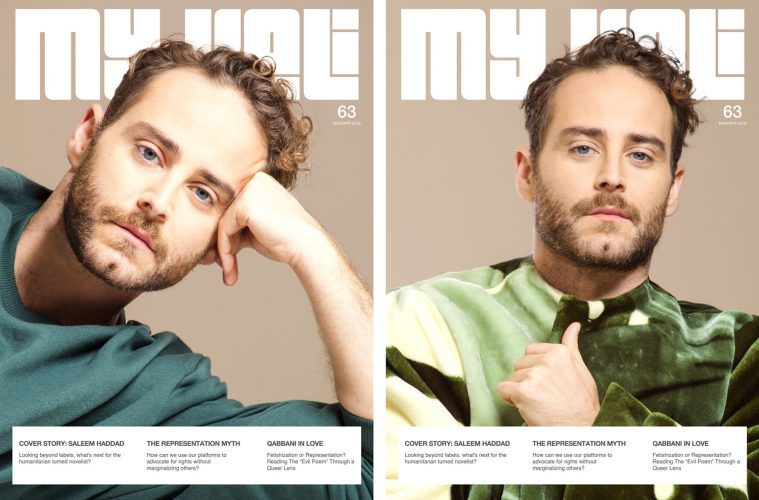Issue’s theme: ‘Representation’
Definition of ‘Representation’:
Is an act of description or portrayal of a group or individual in media, literature, art, film, music etc, to speak or act on behalf of an individual or a group of individuals, whether it’s positive, negative or neutral
Types of Representations:
The political perspective and political science professor at the University of California Hannah Finnichil Pitkin has developed four theories about Representations:
The first is formal representation, which includes arrangements that precede and coincide with the representation process, such as delegation and accountability (where the mandate revolves around the means by which the representative obtains his or her position, or office; accountability is the ability of constituents to punish their representatives for not acting according to their wishes)
The second is called symbolic representation. It is about the way the actor represents who he/she is trying to represent, and how the community sees the representative’s representation. The representative is assessed by the degree of acceptance among those who seek to represent them.
The third is ‘Descriptive Representation’ centered on the characteristics of the representative and whether there are common characteristics between him/her and those who try to represent them (or have similar experiences).
The fourth is the ‘Objective Representation’ which focuses on the activity of the representatives themselves in the extent to which he/she expresses the needs and demands of the represented society, and the representative is evaluated by adapting the policies adopted to the needs of the community and the results of these policies during their service/s.
Why did we choose this topic for this issue?
The topic ‘Representation’ has been used as one of the most important tools in distorting and reducing the bodies and practices of non-normative or SOGI groups over time. The only way to stop this distortion campaign is to critique the means of representation that these individuals/groups might’ve have not elected or delegated to represent, questioning such process, and seeking the potential to change enforced representations over the realities lived daily by the marginalized social groups.
Cover Titles / Issue’s listed articles
Cover story: Saleem Haddad
Looking beyond labels, what’s next for the humanitarian turned novelist?
The Representation Myth
How can we use our platforms to advocate for rights without marginalizing others?
Qabbani in love
Fetishization or Representation? Reading The “Evil Poem” Through a Queer Lens. Read here
More features in this issue:
Photography – Fashion: The Hram Collection tackling Intimacy, Sleep, Romance and Nostalgia by Fadi Zumot. Here

